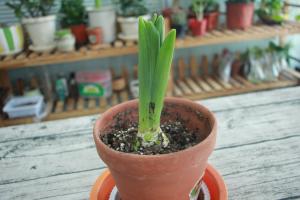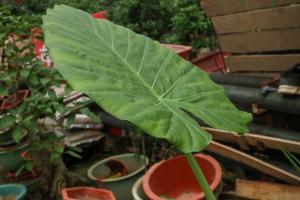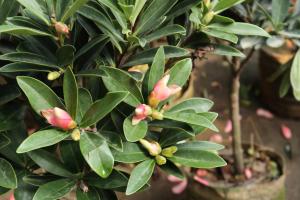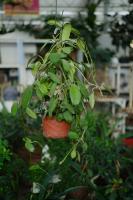Why Can't Plastic Plant Pots be Recycled?
Plastic plant pots have become increasingly popular in recent years due to their durability and versatility. However, despite being made of plastic, they cannot be recycled like other plastic materials. The following are some reasons why plastic plant pots cannot be recycled.
Type of Plastic Material Used
Most plastic plant pots are made from a material called polypropylene or #5 plastic. Unlike other plastics that can be easily recycled, polypropylene is more difficult to recycle due to the way it is manufactured. The material is typically melted down and reformed, but this process is not always successful with polypropylene. In some cases, the material may degrade or lose its original properties, making it unsuitable for use in new products.
Contamination
Plastic plant pots are often contaminated with soil, moisture, and other organic matter that can make recycling them difficult or impossible. These contaminants can make the plastic less valuable to recyclers or limit the range of products it can be used to create. To recycle plastic plant pots, they must first be thoroughly cleaned and dried, which can be time-consuming and expensive.
Size and Shape
Another challenge to recycling plastic plant pots is their size and shape. Unlike plastic bottles, which can be easily crushed and compacted for transportation, plant pots are often bulky and irregularly shaped. This can increase their transportation costs and make it difficult to store and transport them to recycling facilities. Moreover, many recycling systems are not equipped to handle oversized or awkwardly shaped materials.
Lack of Consistency
Unlike products like soda bottles or milk jugs, plastic plant pots are not standardized in their size, shape, or composition. Because of this, many recycling facilities are hesitant to accept them, as they are not sure how to handle them or what materials they contain. Without consistency in the manufacturing process or clear identification markings, recycling plastic plant pots becomes difficult for both consumers and recyclers.
Alternatives to Recycling
While plastic plant pots cannot be easily recycled, there are other ways to reduce their environmental impact. One option is to reuse the plant pots multiple times before they need to be disposed of. This can help extend the life of the pots and reduce the amount of waste they generate. Another option is to look for plant pots made from biodegradable materials, such as rice husks or coconut coir. These materials are more easily broken down by natural processes and have a lower environmental impact than traditional plastic plant pots.
In conclusion, plastic plant pots cannot be easily recycled due to their material composition, contamination, size and shape, and lack of consistency. While this presents a challenge for consumers and recyclers, there are still options for reducing the environmental impact of these pots, such as reusing them or using biodegradable alternatives.

 how many times do yo...
how many times do yo... how many planted tre...
how many planted tre... how many pine trees ...
how many pine trees ... how many pecan trees...
how many pecan trees... how many plants comp...
how many plants comp... how many plants can ...
how many plants can ... how many plants and ...
how many plants and ... how many pepper plan...
how many pepper plan...
































